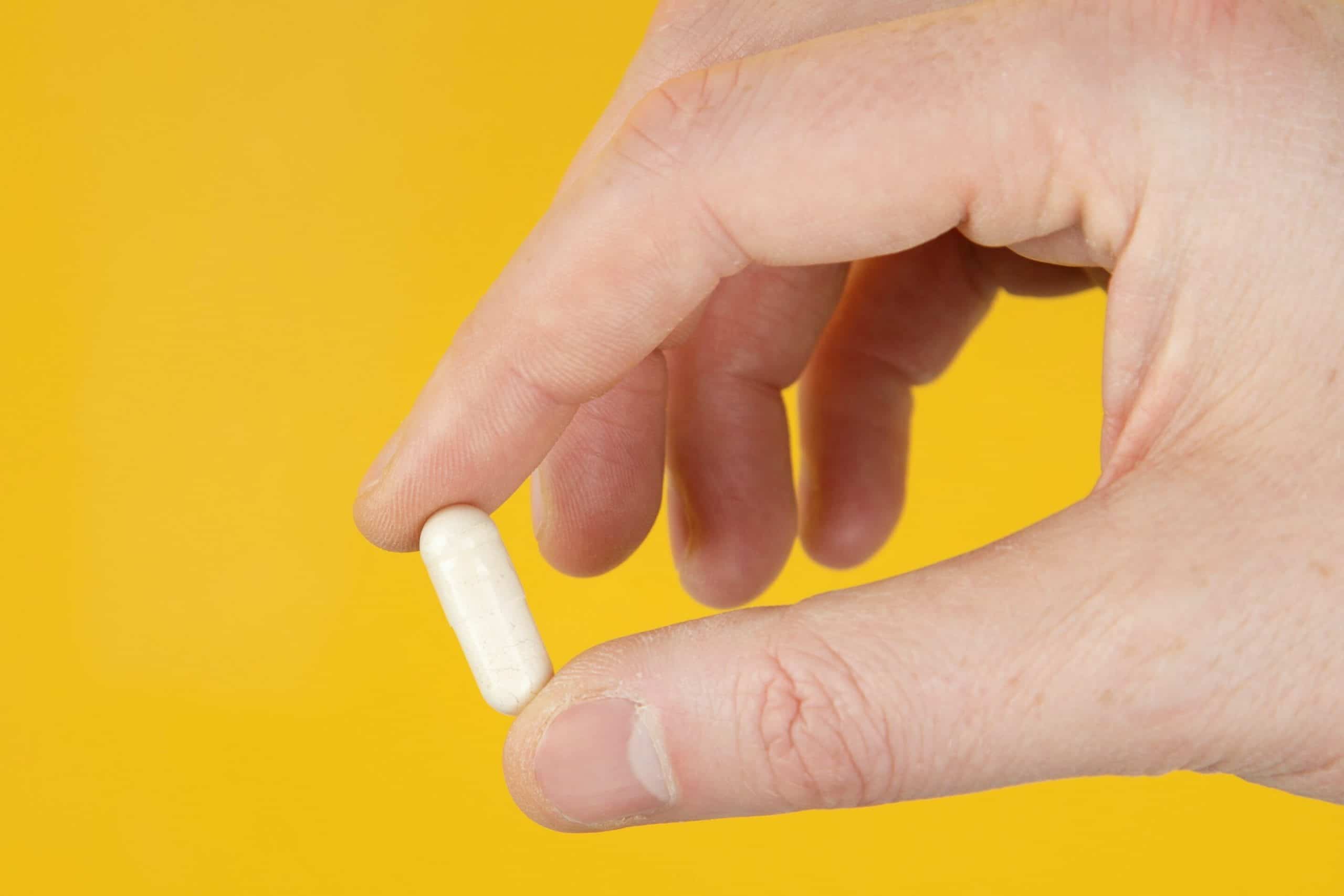The Food and Drug Administration (FDA) has approved a new weight loss drug developed by Novo Nordisk. It's called Wegovy, and in the USA it has unleashed what I can't define in any other way other than a wave of collective hysteria.
wegovy is a new trade name for the semagglutide, a drug approved to treat type II diabetes since 2017, but which also won FDA approval as a weight-loss drug just four months ago in June. Its results are surprising: one in three volunteers in the clinical trial took the drug in combination with diet and exercise and lost one fifth of your body weight and improving biomarkers for heart disease.
Despite its very recent approval, startups have lined up to prescribe it.
Wegovy, the gold rush for weight loss
Calibrate Takes, a telemedicine startup, described the new drug as “effective and safe” in bringing “health benefits and weight loss” when combined with changes in diet and physical activity. fella, a startup addressing dietary stress in men, immediately introduced Wegovy as a suggested drug. But isn't it too soon?
Both companies were quick to adopt the weight-loss drug, but not so quick to comment on the choice. Take Calibrate refused to do so, and Fella answered general questions about its approach, declining the opportunity to answer more specific questions.
Yet history should teach. Other once promising weight loss drugs have crashed and burned. Maybe someone will remember the Fen Phen, which was linked to severe cardiovascular events, or the Belvich, an appetite modulator withdrawn in 2020 due to cancer risks. Often those who follow a diet do not lose weight in the long term, but regain it after a while: nevertheless, the weight loss drug business generates billions.
Obesity is a social problem
Timothy Gill, professor of nutrition at the University of Sydney, has his doubts about semaglutide. While the drug is promising, he believes obesity and weight management need to be addressed on a broader social level. He believes that changes in diet, physical activity or supplementation are rarely sufficient for weight loss, and thinks the problem would need to be addressed at the community level.
“On a public health level, it's worrying that when we get discoveries like this we start to think we have an instant fix for a physiological defect. None of this. Obesity is not a flaw, and this is not an instant fix,” she says. And she's right. For one thing, you see that suddenly we have the solution to a physiological defect that people with obesity have,” she added. “And that's not a flaw at all, it's just that some people are actually much better at surviving with the physiology that evolution gave us.”
An example of a serious approach? Increasing wages or reducing working hours. It would reduce obesity rates for a variety of reasons: healthy food would become more affordable, there would be less stress burdening a family, and working fewer hours would leave more free time to prepare fresh nutritious meals. Do you think weight loss is not a practical problem? It depends on the company, Gill says.
Yes, but does Wegovy cause weight loss or not?

Gill recognized a value to semaglutide, however, which if nothing else works differently from the disastrous weight loss drugs seen in the past. Wegovy mimics a satiety hormone, the GLP-1, which researchers believe helps people feel full.
One clinical trial participant reported effects such as acid reflux after eating, which subsided after reducing food intake. Another user in his fifth month of taking it reported that he had experienced no effects, and had lost five kilos.
The approval of semaglutide as a weight-loss drug dovetails oddly with the rise of telemedicine. On the one hand, it is worrying to think of a doctor prescribing a new drug without even meeting a patient up close. On the other hand, however, both Fella and Calibrate do not prescribe the drug solely on the basis of body mass index but first evaluate blood tests and markers of metabolic health.
All very well, but Gill remains convinced that it won't work. The environment of pharmaceutical testing is one thing, that of real life is another. And without time to prepare healthy meals or exercise, the Wegovy will fail its mission too.
And then what prices
As if this "sociological drug" evaluation was not enough, the current price of the drug (almost 1500 euros per month) makes it absolutely unavailable to many of the people who could benefit from it. Accessibility to medicines is becoming an ever greater problem, and without State intervention it will create a new "healthcare caste" that lives better and longer than the "plebs" who cannot afford treatment.
Which is why, even if Wegovy works as intended (and it takes a few years to completely rule out side effects of some kind) it will not resolve socioeconomic disparities in nutrition and metabolic health. It will not prevent weight stigma or medical bias.
Maybe the whole world should be undergoing weight loss treatment.


